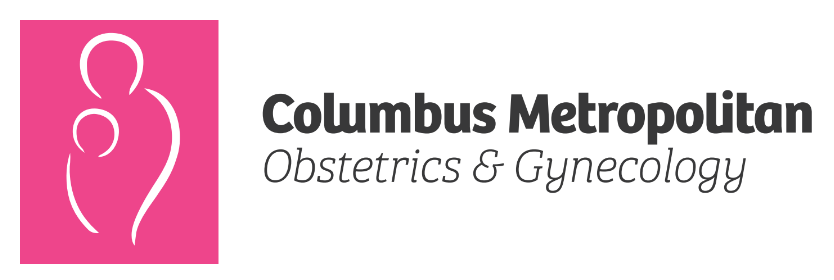Pregnancy is a time when women can be extremely susceptible to serious illnesses including Influenza (Flu), and the uptick in Whooping Cough nationwide has made it more critical to protect yourself and you baby with the Tdap vaccine.
Protect Yourself During Flu Season
We strongly recommend that all pregnant patients receive the Flu vaccine during Flu season. It’s a simple and safe way to protect yourself and your baby when you’re both most vulnerable.
The Tdap Vaccine
There has been a recent national resurgence of Pertussis (Whooping Cough), which is a disease that will not typically harm a pregnancy but can be devastating to a vulnerable newborn. We are now recommending that all pregnant patients (and close contacts including significant others and family members) receive the Tdap vaccine during EACH pregnancy in the third trimester. The hopes is that protective immunity will be passed to the infant during those first few critical months until they are old enough to be vaccinated.
After receiving the whooping cough vaccine, your body will create protective antibodies (proteins produced by the body to fight off diseases) and pass some of them to your baby before birth. These antibodies provide your baby some short-term protection against whooping cough in early life. These antibodies can also protect your baby from some of the more serious complications that come along with whooping cough.
Your protective antibodies are at their highest about 2 weeks after getting the vaccine. So you should get the vaccine late in your pregnancy, preferably during your 27th through 36th week, to give your baby the most protection when he/she is born.
The amount of whooping cough antibodies in your body decreases over time. When you get the vaccine during one pregnancy, your antibody levels will not stay high enough to provide enough protection for future pregnancies. It is important for you to get a whooping cough vaccine during each pregnancy so that each of your babies gets the greatest number of protective antibodies from you and the best protection possible against this disease.
RSV Vaccine
The FDA has recently approved a new vaccine against RSV (Respiratory Syncytial Virus) and pregnant women now qualify for this vaccination. RSV is a virus that impacts infants and young children causing severe respiratory illness and many times, can lead to hospitalization or even worse. If a pregnant mom is vaccinated against RSV, she will pass protective antibodies to her infant to decrease the risk of severe RSV infections. It is recommended that pregnant women get vaccinated between 32-37 weeks of their pregnancy if delivery is anticipated during RSV season (September thru January). Some infants qualify for a monoclonal antibody that can be administered after delivery and can provide additional protection for those at highest risk (can be discussed/offered through your pediatrician).
You can receive all of these important vaccines at most local pharmacies.






